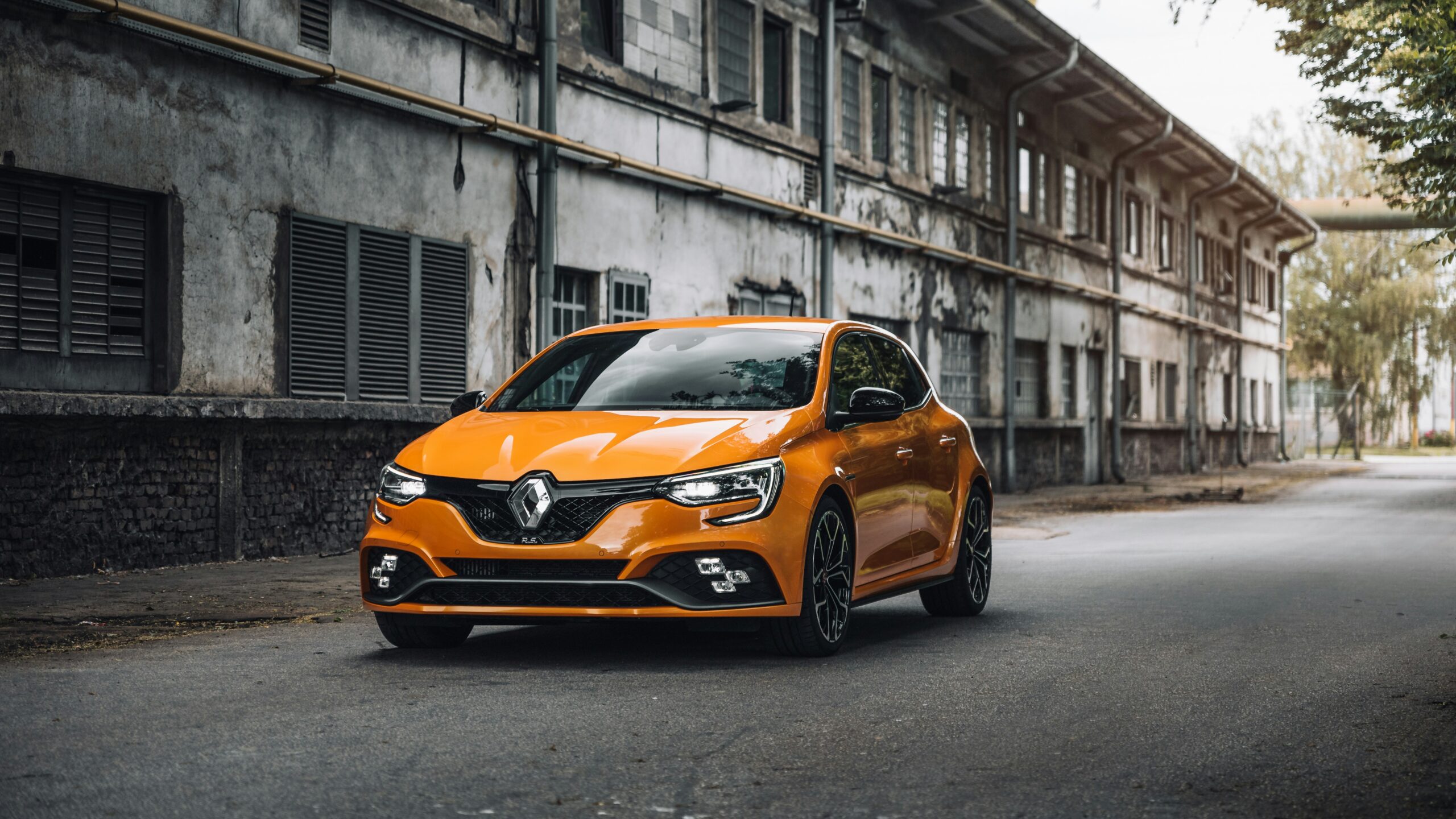French auto major Renault announced on Monday that it will acquire Nissan’s 51% stake in their Indian joint venture, Renault Nissan Automotive India Private Ltd (RNAIPL), making it a fully owned subsidiary of Renault Group.
The financial terms of the deal were not disclosed.
The acquisition marks a shift in Renault and Nissan’s partnership in India, though the companies will continue to collaborate on vehicle production and technology development.
Renault and Nissan redefine India partnership
The agreement includes an operational framework to sustain ongoing projects between Renault and Nissan and to shape their future collaboration in India.
Nissan will continue to utilize RNAIPL’s manufacturing facilities for local sales and exports.
Meanwhile, the companies will retain their existing partnership in Renault Nissan Technology & Business Center India (RNTBCI), where Renault will hold a 51% stake, and Nissan will maintain a 49% share.
The joint venture will continue supporting research, development, and engineering operations.
RNAIPL will keep producing Nissan models, including the Nissan Magnite, a key product in the Indian market.
Renault sees this acquisition as part of its broader plan to strengthen its industrial presence in India.
New EV project set for 2026
As part of the agreement, Renault will develop and manufacture a derivative of its Twingo A-segment vehicle for Nissan through Ampere, its European EV subsidiary.
The vehicle, expected in 2026, will be designed by Nissan and represents a step forward in their global collaboration.
Renault CEO Luca de Meo emphasized that the deal aligns with Renault’s long-term strategy to expand in India, calling the country a “key automotive market.”
He added that Renault would establish an “efficient industrial footprint and ecosystem” in India.
Nissan to retain strong presence in India
Nissan’s incoming President and CEO, Ivan Espinosa, reaffirmed the company’s commitment to India, stating that it remains a crucial market for research, development, and exports.
Nissan’s “One Car, One World” strategy will continue, with India serving as an export hub.
Despite Renault taking full control of RNAIPL, Nissan’s plans for launching new SUVs in India remain unchanged.
The company also stressed its focus on delivering vehicles suited to local consumers while ensuring robust aftersales service.
Financial impact and future outlook
Renault stated that the acquisition will be fully consolidated into its financial statements once the transaction is completed.
The company expects 2025 to be a peak investment year for RNAIPL, with a free cash flow impact of around €200 million, assuming the deal is finalized by mid-2025.
With Renault strengthening its hold on RNAIPL and Nissan retaining a presence in India through vehicle production and exports, the deal signals a restructured but ongoing collaboration between the two automakers in one of the world’s fastest-growing car markets.
The post Renault to take full control of Nissan JV in India: what this means for the market appeared first on Invezz

